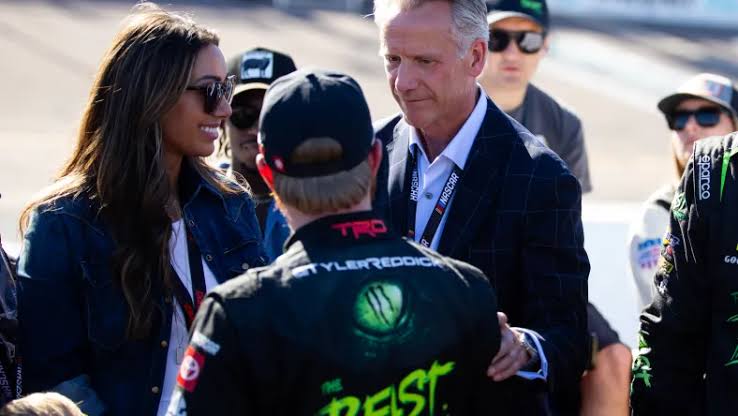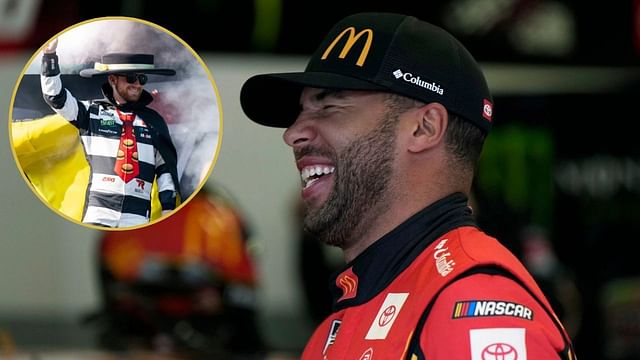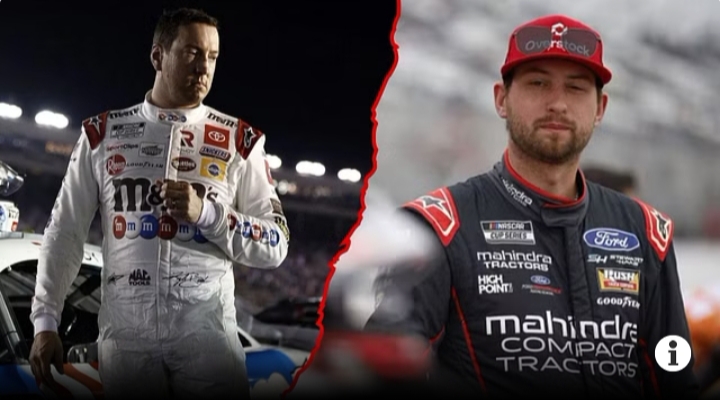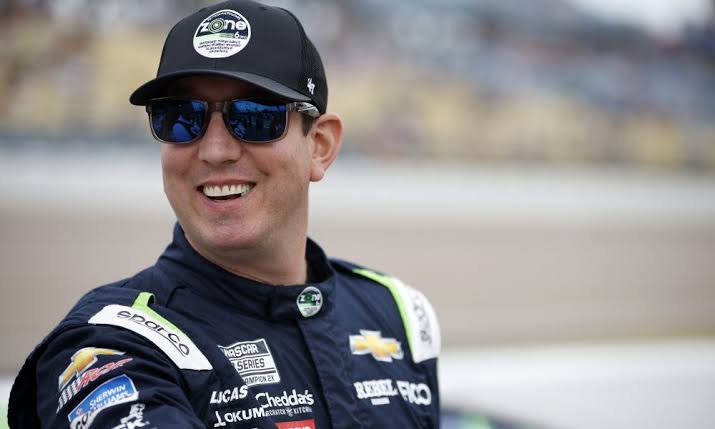
Over the past two months, the legal battle between NASCAR and two Cup Series teams, 23XI Racing and Front Row Motorsports, has been intense. Last week, however, tensions escalated as newly assigned Federal Judge Kenneth D. Bell of the Western District of North Carolina issued a strongly worded ruling, which prompted sharp criticism from NASCAR.
Judge Bell, who replaced Judge Frank D. Whitney, granted a preliminary injunction in favor of 23XI and Front Row. This decision compels NASCAR to approve the transfer of charters purchased by the two teams from the now-closed Stewart-Haas Racing (SHR). It also requires NASCAR to treat the teams as if they held charters for the 2025 season.
This legal conflict began after 13 of the 15 teams competing in the Cup Series reached an agreement with NASCAR on the economic and sporting structure governing the division. The remaining two teams—23XI, co-owned by Michael Jordan and Denny Hamlin, and Front Row, owned by Bob Jenkins—filed an antitrust lawsuit.
In response to Judge Bell’s ruling, NASCAR announced plans to appeal to the Fourth Circuit Court of Appeals and requested a delay in enforcing the decision. NASCAR argued that the court’s order would create complications that could be difficult to reverse. Judge Bell partially accommodated this request by allowing the teams to submit their response by Monday morning, with a ruling on the delay expected later that day. Bell denied NASCAR the opportunity to reply to the teams’ response.
If Judge Bell grants the delay (a stay), the order requiring NASCAR to approve the charter transfers and recognize the teams’ status will be paused until the appellate court reviews the case. If the delay is denied, the ruling will remain in effect during the appeal process, granting 23XI and Front Row three charters each for the 2025 season. NASCAR’s appeal will also seek to allow the teams entry into races without providing financial benefits, as they rejected the charter terms agreed to by other teams.
NASCAR has strongly criticized Judge Bell, claiming he misunderstood the legal framework surrounding charters. NASCAR’s attorney, Chris Yates, argued the court erred both procedurally and substantively, particularly over the addition of the charter transfer issue to the teams’ preliminary injunction request.
Judge Bell countered these criticisms, stating that both parties hold deeply opposing views on time-sensitive contracts and that he carefully structured the injunction to apply only to the 2025 season. He emphasized the temporary nature of the ruling, which maintains the status quo until a resolution is reached. Bell aims to resolve the case by the end of 2025, before the 2026 season begins.
The judge also asserted that the court retains the authority to reverse the charter transactions if necessary. He criticized NASCAR for focusing on procedural objections rather than fully addressing the legal arguments against the charter transfers. Bell noted that NASCAR could have presented its evidence and arguments sooner but instead sought to have the issue removed from consideration.
Out of respect for NASCAR’s position, Bell issued a partial delay to ensure all evidence regarding the SHR charter transfers could be fully considered. A final decision on the delay is expected Monday, with NASCAR likely to announce its next steps, including its appeal to the Fourth Circuit, later in the week.




